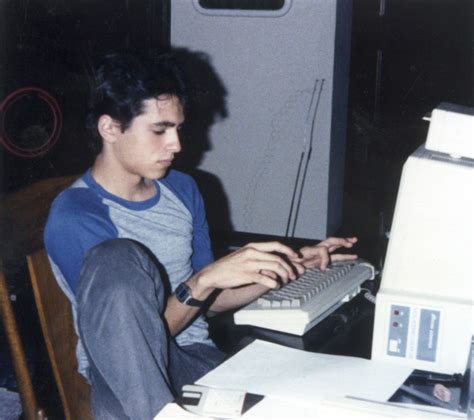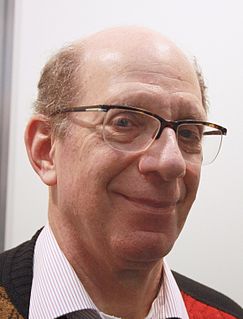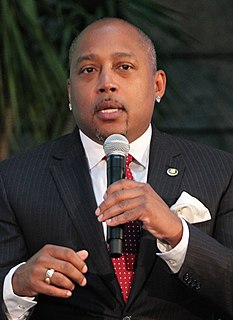A Quote by Linus Torvalds
UNIX has a philosophy, it has 25 years of history behind it, and most importantly, it has a clean core. It strives for something - some kind of beauty. And that's really what struck me as a programmer. Operating systems that normal home users are used to, such as DOS and Windows, didn't have any way of life. Nobody tried to design Windows - it just grew in random directions without any kind of thought behind it. [...] I don't think Microsoft is evil in itself; I just think that they make really crappy operating systems.
Quote Topics
Any
Beauty
Behind
Clean
Core
Crappy
Design
Directions
Evil
Grew
History
Home
Importantly
Itself
Just
Kind
Life
Make
Me
Microsoft
Most
Nobody
Normal
Operating
Operating System
Operating Systems
Philosophy
Programmer
Random
Really
Some
Something
Struck
Systems
Think
Thought
Tried
UNIX
Used
Users
Way
Windows
Without
Years
Related Quotes
I remember endless Apple v. Windows debates in the early '90s when I was in college. Macs were better machines, everyone said; the whole Office thing was a huge pain. It was difficult to transfer files between operating systems, and generally speaking, if you wanted to do Office stuff, you needed a Windows machine.
I think real enlightenment is total sanity, a kind of acceptance of what actually is. It does involve a kind of different way of looking at things. As I've done this Zen practice for years and years, I've acquired what I realize is an almost upside down view of life compared to what most people think, which is just what I used to think it was too. It's not really an insane view, at least I hope it's not.
































